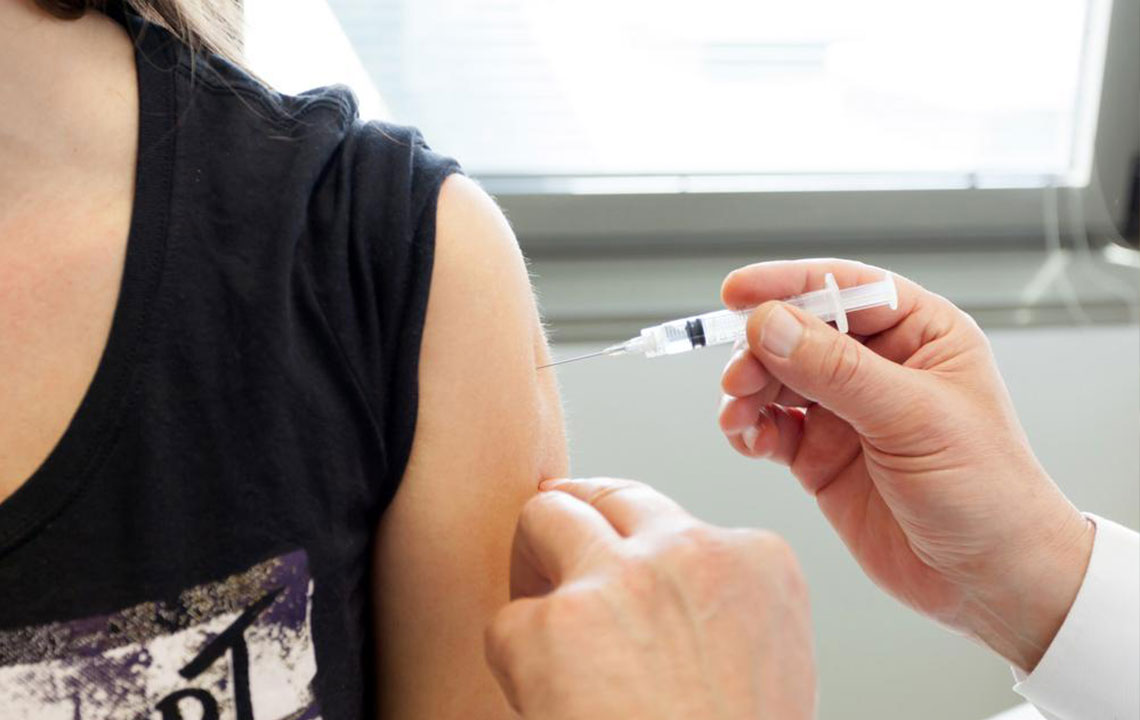Understanding Excessive Sweating and Its Underlying Causes
This article explores excessive sweating, known as hyperhidrosis, its causes, symptoms, diagnosis, and treatment options. Understanding the condition helps in timely management and seeking medical advice. Causes include hormonal issues, cancer, medications, menopause, and stress. Various diagnostic tests and treatment options like antiperspirants, medications, Botox, and surgery are discussed to provide comprehensive guidance for affected individuals.
Sponsored

Excessive sweating—what you need to know
In today’s lifestyle, certain health issues have become increasingly prevalent, often linked to sedentary habits. Recognizing early signs like abnormal sweating can help diagnose underlying health conditions before they worsen. While normal perspiration helps regulate body temperature, some individuals experience excessive sweating without physical activity or fever. This may stem from genetic factors or other health problems.
Since many causes can lead to excessive sweating, consulting a healthcare professional is essential for proper diagnosis and management. Most cases of hyperhidrosis are harmless, but persistent or severe symptoms should be evaluated.
If you notice persistent sweating that disrupts daily life, it’s important to understand the condition. Here’s what you should know:
What is excessive sweating?
Excessive sweating, medically known as hyperhidrosis, occurs independently of physical activity or heat. It can be caused by various medical factors and may affect specific areas or the entire body.
Affected individuals often find the condition embarrassing and challenging to control. Around 5% of Americans experience hyperhidrosis. Seeking medical advice can help identify the cause and explore appropriate treatments.
Types of excessive sweating
Primary Hyperhidrosis: Usually affects the hands, feet, face, and underarms, beginning in childhood. Family history is common among 30-40% of sufferers.
Secondary Hyperhidrosis: Caused by underlying health issues or medication side effects, it affects the whole body and can occur during sleep.
Possible causes of excessive sweating
Thyroid Problems: Hyperthyroidism accelerates body processes, leading to increased sweat.
Cancer: Certain cancers, including lymphoma, leukemia, and liver cancer, can cause excessive sweating.
Medications: Some drugs, such as psychiatric meds, blood pressure treatments, and antibiotics, may induce sweating.
Menopause: Hot flashes are common during menopause in women.
Stress and Anxiety: Psychological factors can trigger excessive sweating.
Signs and symptoms
Persistent sweating over six months without identifiable cause.
Symmetrical sweating on both sides of the body.
Sweating during sleep.
Family history of hyperhidrosis.
Excessive sweating in young individuals without physical activity.
Localized sweating without obvious reason.
Diagnosis methods
Starch-Iodine Test: Dark blue color indicates excessive sweating.
Paper Test: Sweat absorption and weight comparison determine severity.
Thermoregulatory Test: Changes in special powder indicate moisture levels.
Treatment options
After identifying the cause, doctors may recommend:
Antiperspirants containing aluminum chloride for mild cases.
Iontophoresis: Passing low-level electric currents through the skin to temporarily block sweat glands.
Anticholinergic Medications: Reduce chemical signals that stimulate sweat production.
Botox Injections: Effective for severe hyperhidrosis, requiring multiple sessions.
Surgical Procedures: Removal of sweat glands in affected areas, such as the armpits.
Always consult a healthcare provider before starting any medication or treatment plan.






